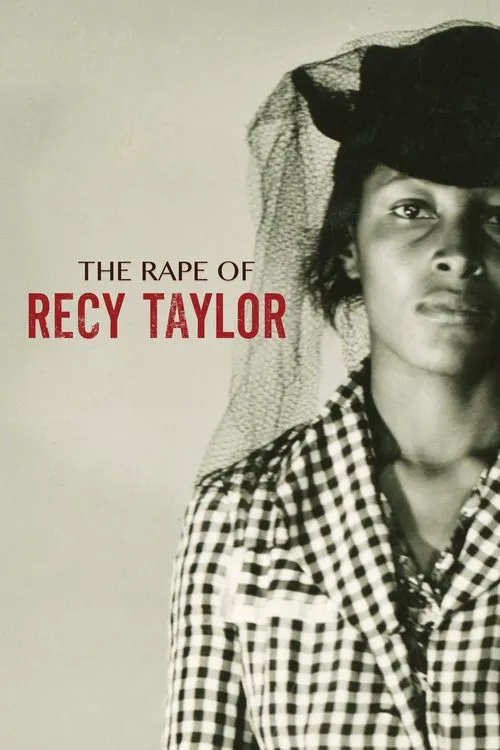The Rape of Recy Taylor

Plot
In a time when the civil rights movement was still in its nascent stages, and the oppressive Jim Crow laws that perpetuated racial segregation and inequality were the norm in the American South, a courageous woman named Recy Taylor dared to challenge the status quo in a most extraordinary way. Her story, a testament to the strength and resilience of a woman who refused to be silenced, has been immortalized in the powerful documentary "The Rape of Recy Taylor." It was 1944, and Recy Taylor was a 24-year-old black mother and sharecropper living in the rural town of Abbeville, Alabama. Her life was far from easy; racism was pervasive, and the laws that governed her community were designed to maintain white supremacy, rendering black people second-class citizens. Despite these daunting circumstances, Recy Taylor had built a life for herself, working hard to provide for her family and raise her young daughter. On one fateful day in September 1944, Recy Taylor's life was forever changed. She was walking home from her job at a white family's household when six white boys, who had been drinking, stopped their car and abducted her. Brutally dragged to a remote area, Recy Taylor was gang-raped by these men, an experience that would leave her scarred both physically and emotionally. What set Recy Taylor apart, however, was her decision to speak out against her attackers. At a time when few women dared to confront their rapists, Recy Taylor bravely identified her assailants to the authorities. Her decision to do so took enormous courage, considering the climate of fear and intimidation that reigned in the Jim Crow South. Despite the risks, she refused to be silenced, determined to hold her perpetrators accountable for their crimes. Recy Taylor's actions did not go unnoticed. The NAACP (National Association for the Advancement of Colored People), an organization dedicated to securing equal rights and justice for African Americans, learned of her ordeal and decided to take action. In response to Recy Taylor's story, the NAACP dispatched its chief rape investigator, Rosa Parks, to Abbeville, Alabama. Rosa Parks, a woman who would later gain international recognition for her role in the Montgomery Bus Boycott, played a pivotal role in Recy Taylor's story. With her tireless advocacy and commitment to justice, Parks rallied support from local community leaders and encouraged Recy Taylor to continue speaking out against her attackers. Parks' involvement in Recy Taylor's case sent shockwaves of outrage and solidarity throughout the African American community. Together, Recy Taylor and Rosa Parks sparked an unprecedented outcry for justice, drawing attention to the endemic rape of black women in the Jim Crow South. Their efforts led to a campaign to publicize Recy Taylor's case, mobilizing African Americans across the region to demand justice for the rape survivor. This campaign would prove to be a rare example of collective action during a time when black women's voices were often silenced or marginalized. The film "The Rape of Recy Taylor" sheds light on a dark chapter in American history, exposing the physical abuse of black women in the Jim Crow era. Through Recy Taylor's story, we see the horrors of rape and the ways in which societal norms and power structures enabled these abuses. At the same time, the documentary highlights the strength and resilience of women like Recy Taylor, who refused to be silenced or intimidated, even in the face of extraordinary adversity. Ultimately, Recy Taylor's case was never fully resolved, and her perpetrators were never brought to justice. This film serves as a testament to the enduring impact of Recy Taylor's bravery, even in failure, and to the unwavering commitment of Rosa Parks to fighting for justice and equality.
Reviews
Recommendations



